On August 28, 2021, the first annual Conference on FinTech, Innovation and Development (CFID) was successfully held online. The conference was co-organized by School of Business and Management of Shanghai International Studies University (SISU) and the School of Management of Zhejiang University.
With the theme of "FinTech Innovation and Entrepreneurial Capital", the conference called on researchers and practitioners in the fields of FinTech and innovation development at home and abroad to actively explore how the intersection of FinTech, entrepreneurship and innovation can contribute to economic development. The conference was widely attended by researchers from universities and research institutes at home and abroad, and more than 120 experts, scholars, teachers and students attended the annual academic conference.
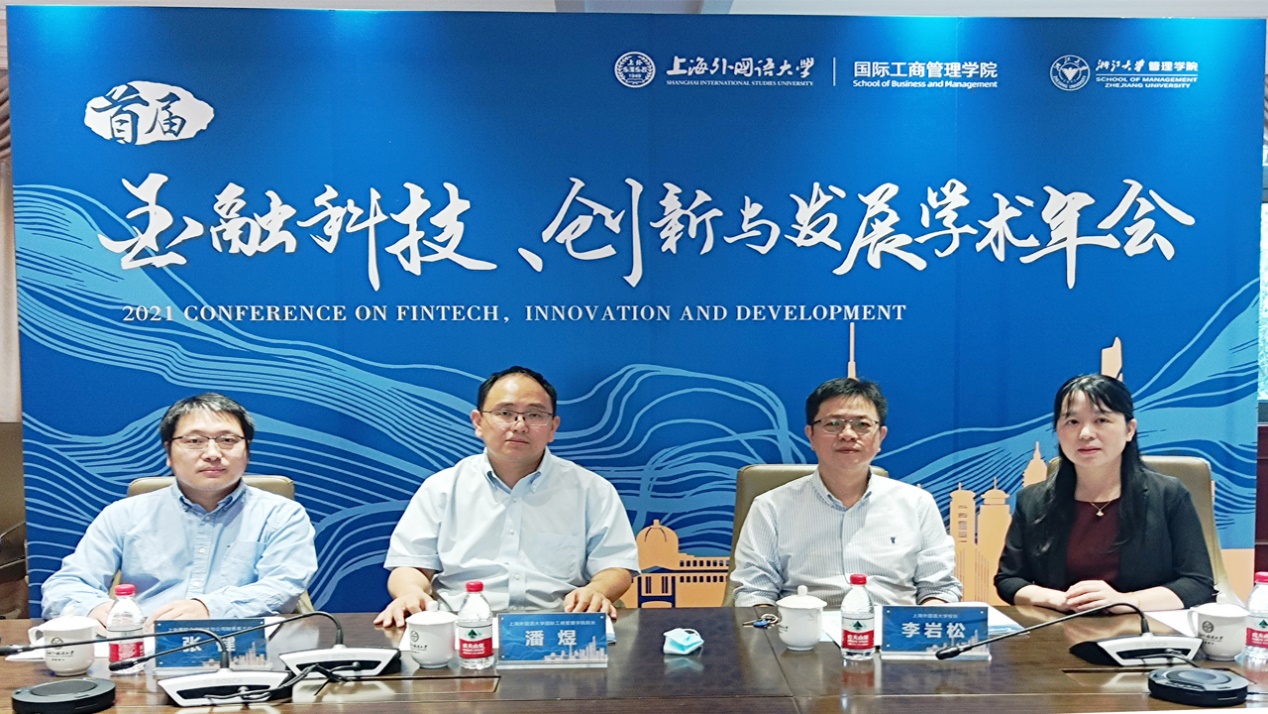
The opening ceremony was hosted by Prof. Yang Xiaolan from School of Business and Management, Shanghai International Studies University (SISU). Professor Li Yansong, President of Shanghai International Studies University, Professor Pan Yu, Dean of School of Business and Management, of Shanghai International Studies University, and Researcher Liu Zuoyi, Vice Director of Department of Management Science of National Natural Science Foundation of China, attended the conference and made wonderful speeches. In his speech, President Li Yansong expressed his warm welcome and thanks to all the guests, teachers and students, and pointed out that this annual academic conference is of great significance to Shanghai International Studies University and School of Business and Management. In response to the challenges of the transformation of knowledge acquisition in the era of "Internet+", SISU has put forward the concept of "Multilingual+" for higher education talents, and explored three types of talents cultivation modes, namely, specialization, multilingualism and strategic excellence. From the orientation of the university and the goal of talent cultivation, SISU is doing its best to provide Chinese wisdom, Chinese solutions and Chinese talents in the field of financial technology. President Li also introduced the outstanding achievements in scientific research and talent cultivation made by SISU's School of Business and Management and its financial technology direction in recent years.
Researcher Liu Zuoyi explained in detail the major reform initiatives of the Management Science Department of the National Natural Science Foundation of China in recent years, introducing the efforts and attempts made in three major tasks, namely, clarifying the funding orientation, improving the review mechanism and optimizing the disciplinary layout, and in the future, the Foundation will increase the exploration of original research, focus on interdisciplinary cross-fertilization and other measures simultaneously to better assist scholars' project research, and emphasizing that scholars should focus on In the future, the Foundation will increase the exploration of original research, focus on cross-fertilization of disciplines and other measures to better assist scholars' research.
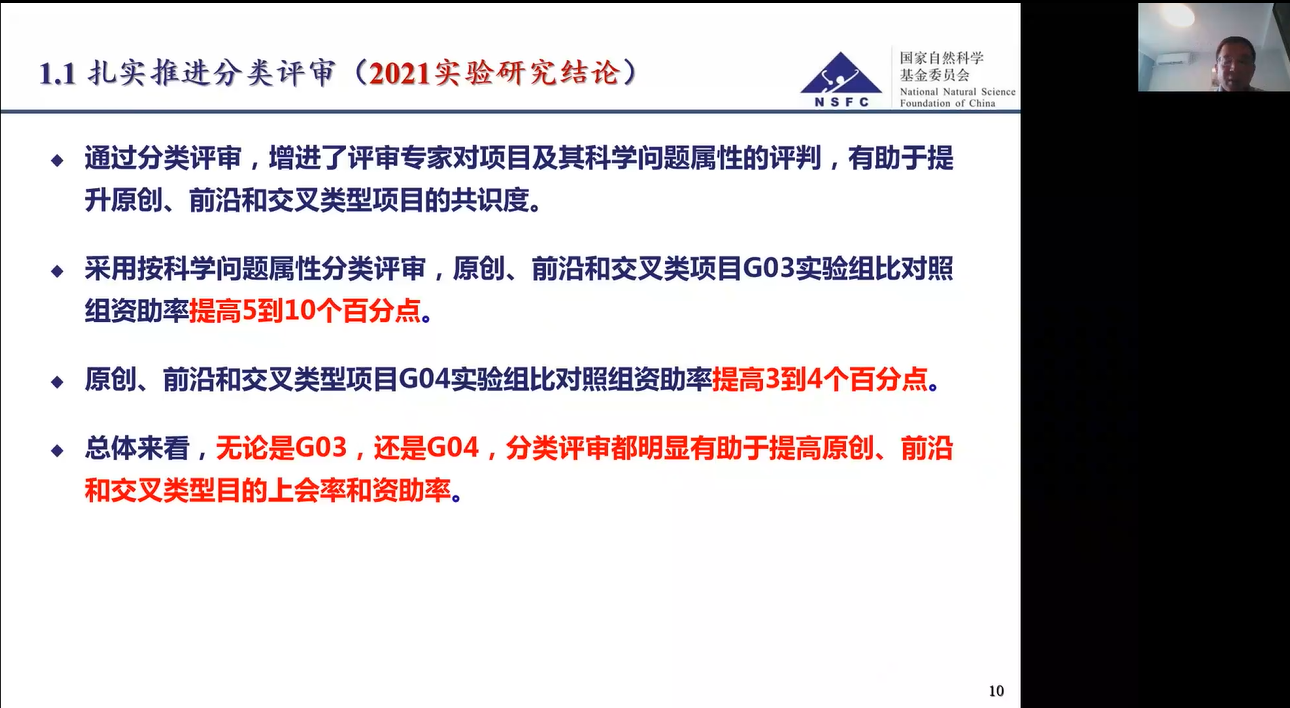
The keynote presentation session was co-chaired by Prof. Zhang Jian from Shanghai International Studies University and Prof. Huang Ying from School of Management of Zhejiang University. Prof. Wang Shouyang from the University of Chinese Academy of Sciences, Prof. Huang Yiping from Peking University, Prof. Xiong Xiong from Tianjin University, Prof. Yang Xiaolan from Shanghai International Studies University, and Prof. Lin William Cong from Cornell University delivered the keynote presentations one after another.
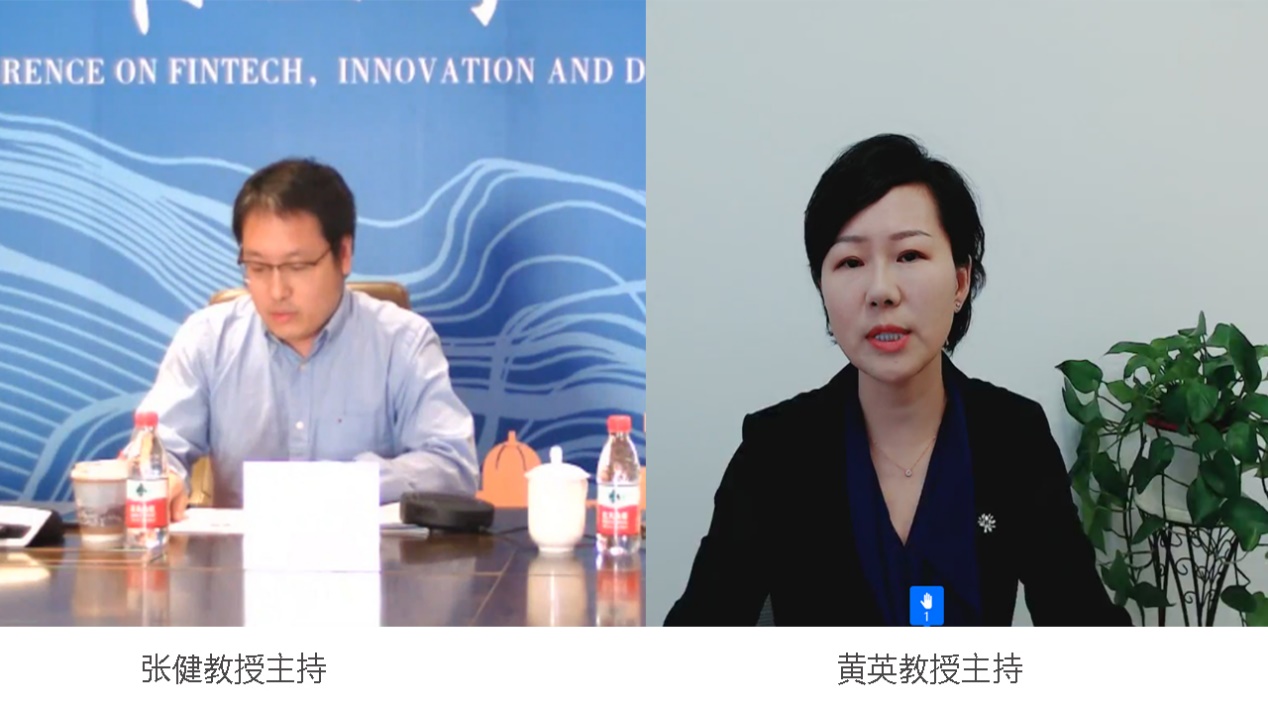
Professor Shouyang Wang's keynote speech was titled "Financial Innovation and Risk Management from Bitcoin". Prof. Wang pointed out the endogenous connection between cryptocurrencies, carbon emissions and the Chinese economy. He emphasized that there are many new problems and challenges in cryptocurrencies, which put forward higher requirements for research in the field of financial technology, and it is important to try new research topics, research angles, and research ideas in the research.

Professor Huang Yiping's keynote speech was titled "Data and Collateral". From the perspective of big tech credit shaping a new business-financial relationship, Prof. Huang analyzed how financial institutions use big data technology tools and how to effectively reduce customer acquisition difficulties and default risks. At the same time, Prof. Huang pointed out the response and performance of enterprises in the era of big tech credit.
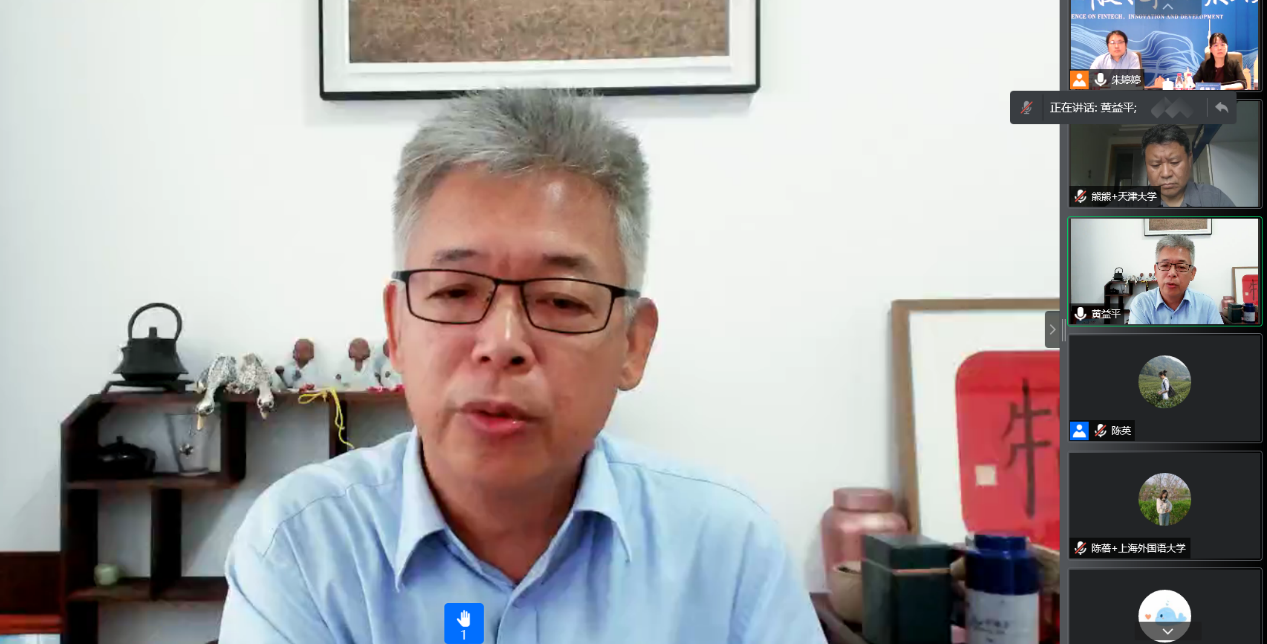
Professor Xiong Xiong's presentation was titled "Media Coverage and Cross-Market Risk Spillovers". Professor Xiong conducted a sentiment analysis of media reports about listed companies through textual analysis and found that the sentiment tendency of media reports has a significant impact on the valuation and volatility of corporate stocks.
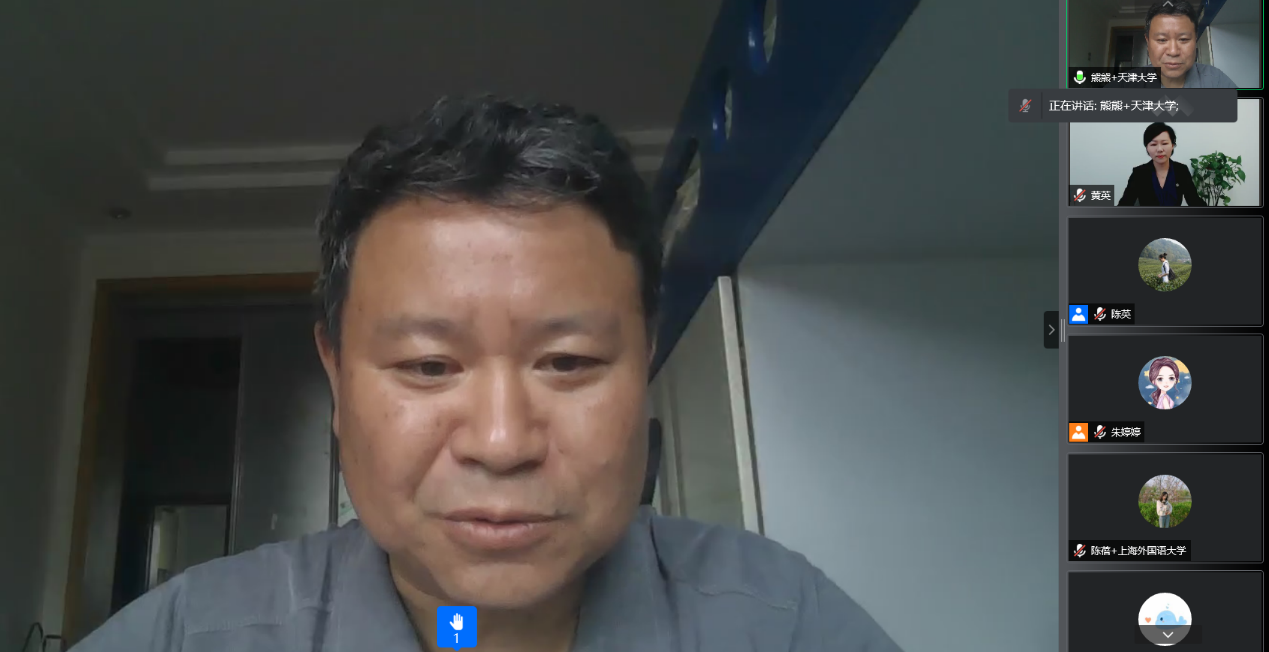
Professor Xiaolan Yang's talk was entitled "Understanding Complex Financial Markets: New Explorations in Neurofinance". Prof. Yang introduced how to apply neuroscience equipment such as MRI and tDCS to understand the deep neural mechanisms of investors operating in financial markets through laboratory experiments, as well as the development prospects and outlook of neurofinance.
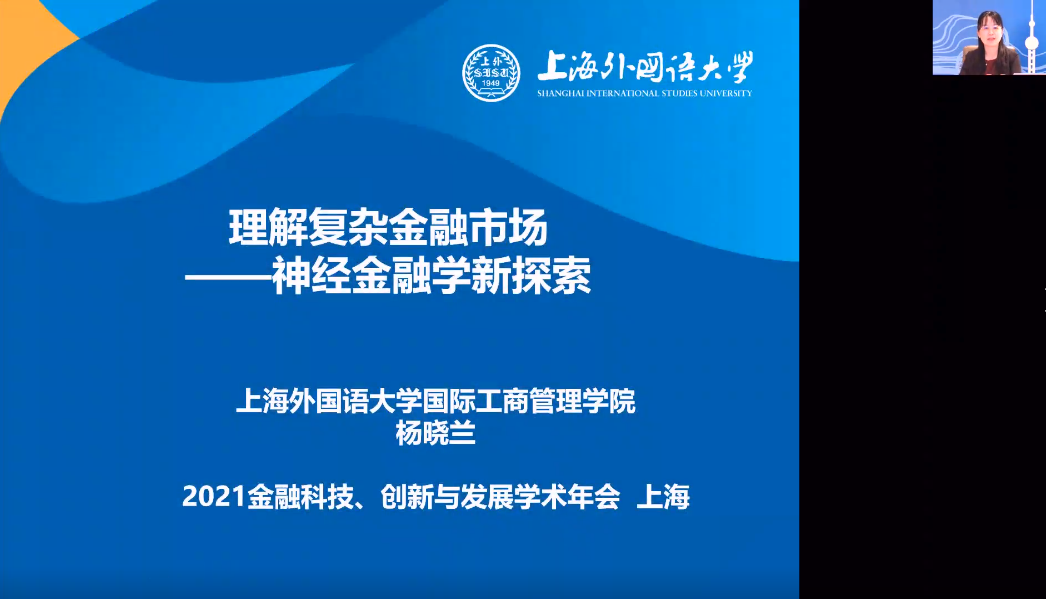
Professor Lin William Cong's keynote speech was titled "Digital Platforms, Entrepreneurship, and SME Development". Professor Cong found that during the new epidemic, micro and small enterprises that can effectively use online platforms can effectively apply the negative effects of the epidemic compared to traditional micro and small enterprises, thus effectively demonstrating the significant role of online platforms in promoting entrepreneurship.

In order to further discuss the challenges and responses of China's economy in FinTech, entrepreneurship and development. Fifteen parallel forums were held on the topics of "Institution and Finance", "Fintech in China", "Corporate Innovation", "Venture Capital" and "Corporate Investment", nearly 60 academic papers were shared and the conference was a great success.
With the full participation of the participants and the strong support from the university, this year's Academic Conference on FinTech, Innovation and Development overcame the difficulties brought by the epidemic and achieved a complete success. The conference brought together well-known experts, teachers and scholars and outstanding students in the field of financial technology, who enthusiastically participated and actively shared, and played an important role in promoting theoretical research and practical development in the field of financial technology, innovation and development through high-level academic exchanges.




